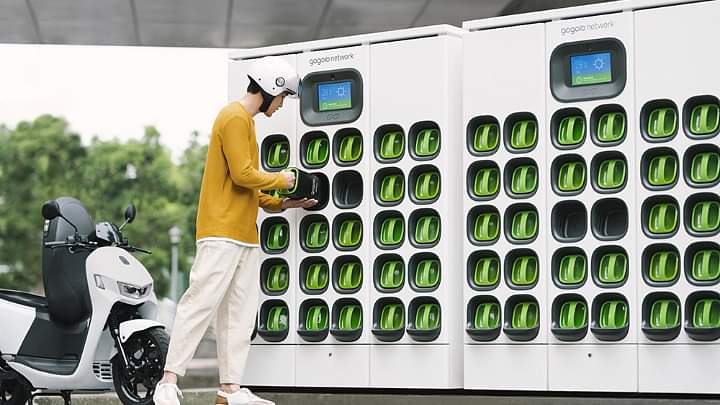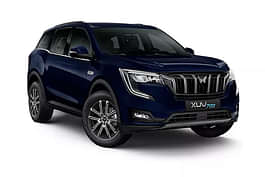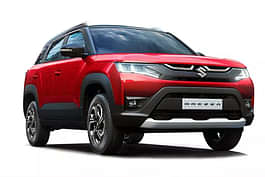
Battery Swapping Policy is suspected to bring a huge revolution in the affordability levels of an electric vehicle. Therefore, Niti Aayog has worked upon their decision to bring down the upfront cost of an electric vehicle by rolling out the Battery As A Service policy. As people would be able to purchase an electric vehicle without batteries, the ex-showroom price of the vehicle will go down the ladder.
They plan on setting up battery swapping stations in the initial phase to cater to the need for electric vehicles including both two-wheelers and three-wheelers. The adoption of this policy will be regulated within the upcoming three to four months and the executives are pretty confident of a promising future. This might bring the cost of electric vehicles lower than their internal combustion engine counterpart. With the customers being offered an option of both fixed or swappable batteries while purchasing a vehicle, the co-existence of both these options can resolve the conflict or difference of opinion between the two technologies as well. Both technologies have their own set of boons and banes and can be taken into account accordingly.
As per the proposition, there would be multiple models on offer for the customer like Battery As A Service (BaaS), leasing, etc. so that they don't require a battery from the factory itself. This might bring down the cost by almost 50%. This level of flexibility on offer might reduce the need for electric vehicle owners to plan trips beforehand.

This battery swapping policy would initially focus upon providing solutions to targeted shared mobility and delivery vehicles which would aid the mass fleet operators to resolve the problem of charging commercially. This implementation would help in a commercial adoption of the electric vehicle ecosystem in the country and would gradually be pushed forward towards the private sector.
Also Read: Battery Technology For EVs. What's Better: Charging Vs Swapping?
Niti Aayog's discussions with the stakeholders constituted of several vehicle OEMs, battery OEMs, financiers, industrial experts and consultants. The discussion turned out to be fruitful with respect to the main aim of reducing the ex-showroom price of the vehicle. With swappable batteries, manufacturers would have to develop batteries on a standard protocol, thus making them swappable across all vehicles. This would also open up the scope of increasing the adoption of new technologies in the future.
Battery swapping can minimise recharging times which would be almost equivalent to that of refuelling an IC engine vehicle, thus avoiding long queues, like the ones at charging stations.
Also Read: Toyota Working On Solid State Battery - Here Is What To Expect!
So, what do you think about Battery Swapping Policy on the whole? Share your views in the comment section. Let's get into a discussion with this in our 91Wheels Telegram and 91Wheels Whatsapp group, where you can know more about vehicles, conduct discussions on your favourite ride, and much more! You can also subscribe to our Youtube channel for our exclusive video content on the latest from the world of cars and motorcycles. Also, connect with us on Facebook, Instagram, and Twitter for more about vehicles!





















